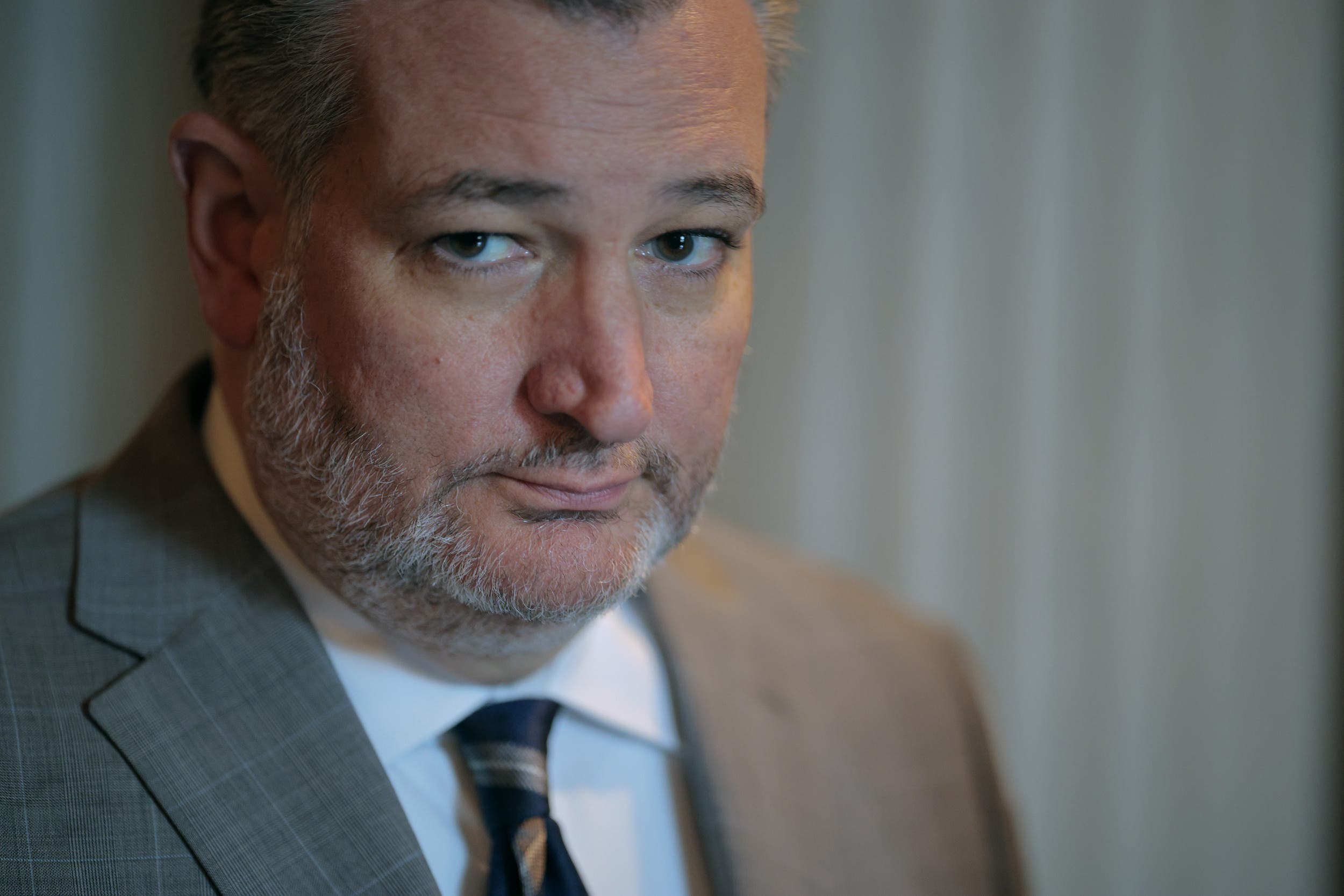Now Reading: Senator Ted Cruz Leads US Push Alleging Christian-Targeted Violence in Nigeria
-
01
Senator Ted Cruz Leads US Push Alleging Christian-Targeted Violence in Nigeria
Senator Ted Cruz Leads US Push Alleging Christian-Targeted Violence in Nigeria

US Republican Senator Ted Cruz has asserted that the west African nation of Nigeria is complicit in large-scale violence against Christians. According to Cruz, the scale of the attacks amounts to “Christian mass murder”, and he is now leading efforts in Washington to hold Nigerian officials accountable.
In a recent public post, Cruz stated:
“More Christians are killed specifically for their faith in Nigeria than anywhere else. Nigerian state and federal officials have created an environment that facilitates mass violence.” Al Jazeera

Ted Cruz Push Bill and Sanctions Threats
Cruz introduced the “Nigeria Religious Freedom Accountability Act of 2025,” which would enable designation of Nigeria as a “Country of Particular Concern” under U.S. religious-freedom laws.
The bill also proposes sanctions on Nigerian officials accused of facilitating or ignoring violence against Christians.
Analysts say that passage of this legislation could escalate diplomatic tensions between Washington and Abuja.
READ ALSO: Tinubu Engages Trump as U.S. Congress Pushes for Sanctions Over Alleged Genocide
Nigerian Government Denies Targeted Christian Genocide
Nigeria’s federal authorities have rejected the framing of the situation as a campaign against Christians. Christian Association of Nigeria added that the violence affects multiple faiths and ethnicities, not just Christians.
In a statement, Minister Mohammed Idris Malagi described the claims as “false, misleading and not reflective of the reality on the ground.

The government stresses that many of the attacks are rooted in ethnic rivalries, farmer-herder conflicts and insurgency rather than pure religious persecution.
Despite the bold claims by Senator Cruz and some U.S. commentators, research indicates a more nuanced picture.
According to the Armed Conflict Location & Event Data Project (ACLED) and other independent observers, while Christians have been victims of violence in Nigeria, Muslims are also heavily targeted especially in the country’s north-east.
One analysis noted that from January 2020 to September 2025, there were at least 317 deaths from attacks deemed “religious targeting” of Christians, and 417 for Muslims in similar incidents.
Experts caution that the term “genocide”, which implies intent to destroy a particular group in whole or in part, does not align neatly with the available evidence.
Implications for Nigeria US Relations
The accusations have potential repercussions beyond humanitarian discourse. Should the U.S. formally label Nigeria as a “Country of Particular Concern” and enact sanctions, aid, trade and diplomatic engagement could all be impacted.
The situation thus places stress on bilateral ties between Nigeria and the U.S., particularly on issues of religious freedom and security cooperation.
For Nigeria, the push by Senator Cruz may also amplify internal pressure to address the root causes of violence from insurgency to land disputes rather than being framed solely as religious persecution.





